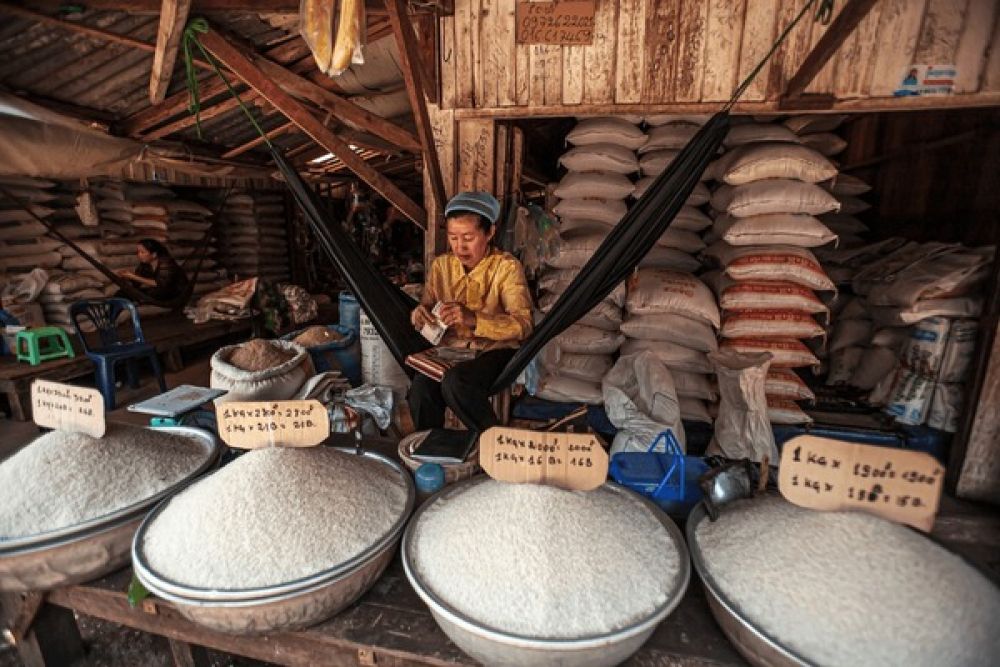

The province of Koh Kong in Cambodia has long been an enthralling destination for adventurous tourists interested in experiencing the unspoiled natural beauty of Southeast Asia. The history of tourism in Koh Kong is relatively young, primarily because the area was once a less accessible and less developed region, fraught with the remnants of Cambodia's troubled past. However, in recent years, the province has seen an influx of visitors thanks to improved infrastructure and a growing recognition of its rich ecological and cultural offerings.
Dong Tong Market is a vivid embodiment of the bustling life in Koh Kong. While the market is not as ancient or historical as some other markets in Southeast Asia, its relevance has grown over time, especially as Koh Kong province has opened up more to tourism. It's the liveliness and authenticity of Dong Tong Market that attracts both locals and tourists alike.
Tourists visiting Dong Tong Market have the opportunity to immerse themselves in the local way of life. The market is known for its fresh produce, seafood, and array of local specialties. It's a place where visitors can sample traditional Khmer dishes, and experience the hustle and bustle of local commerce. Interaction with friendly vendors and the chance to try regional delicacies such as the famous Kampot pepper crab or the rich, creamy durian fruit adds to the market's appeal.
Initially, tourism in Koh Kong was predominantly focused on eco-tourism, with its rugged Cardamom Mountains, dense rainforests, and pristine coastal areas. As more travelers sought authentic experiences, places like Dong Tong Market started to gain recognition. Unlike the well-trodden tourist paths in Siem Reap or Phnom Penh, Dong Tong Market offers a different narrative, one that is rooted in the day-to-day life of Cambodian locals.
The latest trends in tourism in Koh Kong and areas like the Dong Tong Market are characterized by a rise in sustainable and responsible travel. Tourists are increasingly looking for experiences that support local communities and minimize environmental impact. This shift aligns well with the market, where purchasing from local vendors supports the regional economy and promotes cultural exchange.
Moreover, there's a growing interest in combining traditional sightseeing with immersive cultural experiences. This means that while visitors might come to Koh Kong for its natural attractions, they stay for the culture and community engagements like those found at Dong Tong Market.
The future of tourism in Koh Kong, including the Dong Tong Market, looks promising. With ongoing development in sustainable tourism practices, and a steady increase in accessibility and amenities, Koh Kong continues to cement its place as a unique destination on the tourist map of Cambodia. The Dong Tong Market, in particular, stands to benefit as a cultural hotspot that offers an authentic slice of Cambodian life.